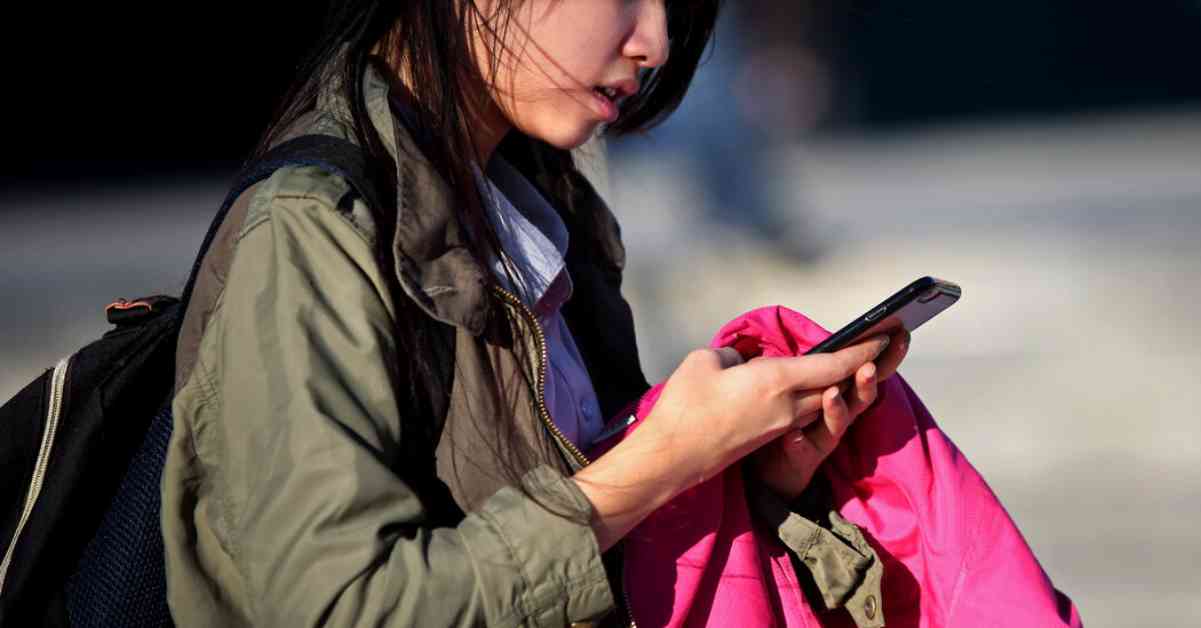New York City Mayor Eric Adams recently made headlines when he announced that cell phone bans in schools have not yet been implemented in the city. While other districts and states in the United States have supported restrictions on student phone usage, New York City is taking a different approach due to logistical concerns.
Parent pushback and phone storage are among the main issues that school leaders are grappling with as they consider implementing restrictions on cell phones in schools. The debate around cell phone usage in schools has been ongoing for years, with concerns ranging from distractions in the classroom to potential harm to students’ mental health.
Backlash and Considerations
Los Angeles recently made history by becoming the largest school district in the United States to ban cellphones in schools back in June. Meanwhile, entire states like Virginia, Ohio, and Minnesota have implemented broad crackdowns on phones in schools. However, Mayor Adams stated during a news conference that New York City is not yet ready for a full ban on cell phones in schools.
“We’re not there yet,” Mayor Adams said. “We have to get it right.” His comments come amidst mounting pressure from parents and educators who have expressed concerns about the potential logistics of enforcing a ban on cell phones in schools. The issue of cell phone usage in schools is a complex one, with advocates on both sides of the debate.
David C. Banks, the schools chancellor, had previously hinted that new cellphone restrictions would be introduced before the fall semester. However, Mayor Adams’ recent announcement, just a week before the start of the school year, caught many families off guard. The mayor’s decision to hold off on implementing a full ban on cell phones in schools is likely to appease some parents and educators who have raised concerns about the potential challenges of enforcing such a ban.
Concerns Over Mental Health
The debate over cell phone usage in schools is not just about distractions in the classroom. There is growing concern over the impact that constant access to social media and an “always online” culture can have on students’ mental health. As more and more young people spend increasing amounts of time on their phones, educators and policymakers are grappling with how to strike a balance between technology use and student well-being.
Officials in states, cities, and school districts that have implemented restrictions on student cell phone use often cite concerns about the negative effects of excessive screen time on children’s mental health. The debate over cell phone bans in schools is part of a larger conversation about the role of technology in education and its potential impact on students’ overall well-being.
Future Plans
While Mayor Adams has made it clear that New York City is not yet ready for a full ban on cell phones in schools, he emphasized that some action will be taken in the future. The mayor’s cautious approach reflects the complexity of the issue and the need to carefully consider the potential implications of any restrictions on cell phone usage in schools.
As the debate over cell phone bans in schools continues to unfold, it is clear that there are no easy answers. Balancing the benefits of technology in education with the potential drawbacks of excessive screen time is a complex challenge that educators, parents, and policymakers will need to navigate together. In the meantime, Mayor Adams’ decision to hold off on implementing a full ban on cell phones in schools reflects a thoughtful and measured approach to addressing this contentious issue.




















